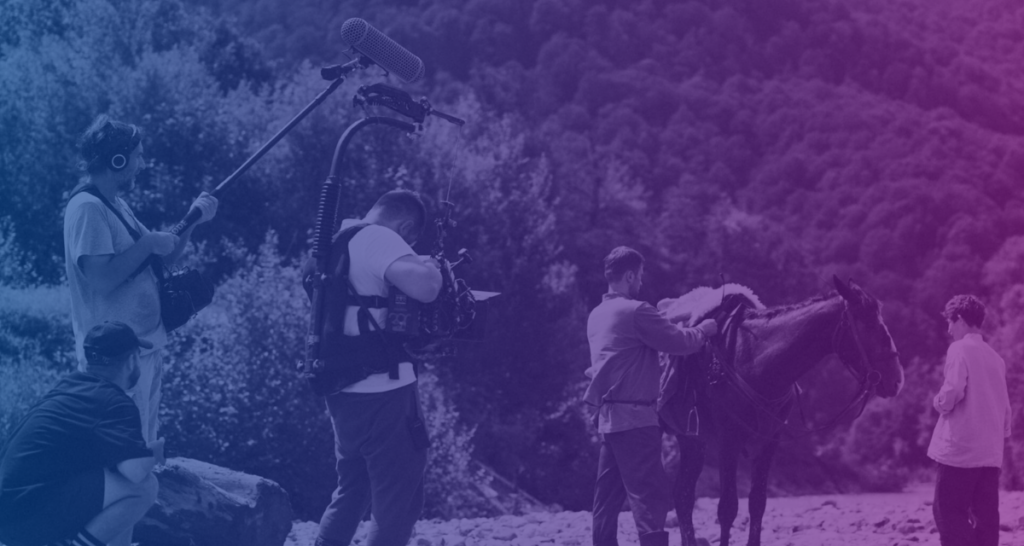
Child actors and performers hold a unique position in the entertainment industry, requiring safeguarding of their earnings for future financial stability. This responsibility falls under the purview of Coogan Accounts, a legal requirement in several states as explained by SAG-AFTRA, which offer protection and financial security for minors working in the entertainment industry.
If you’re a producer navigating these intricate waters, understanding the technicalities of Coogan Accounts is crucial. Here’s a simple breakdown that will help to shed some light:

What is a Coogan Account?
Named after child actor Jackie Coogan, Coogan Accounts are trust funds that serve as a shield for a portion of earnings generated by young performers. They secure a percentage of their income until they reach adulthood, ensuring financial stability beyond their acting careers. California, New York, Illinois, Louisiana, and New Mexico mandate various forms of blocked trust or compliant accounts to protect minors’ earnings.
To apply for one, you need a birth certificate and documentation verifying good school attendance, performance, and health signed by the relevant officials.
For homeschooled children, a parent can fill out the education form and provide an affidavit from the overseeing school.
Do requirements vary across state lines?
Yes. Each state has specific requisites. For instance, California demands a Coogan Account to be opened in-state, while New York opts for UTMA or UGMA compliant trust accounts. Meanwhile, Illinois and Louisiana mandate a Blocked Trust Account, ensuring a percentage of the minor’s earnings goes into this protective fund, while New Mexico requires a trust account if earnings surpass $1,000 per contract. Other states that have similar requirements include Kansas, Nevada, North Carolina, Pennsylvania, and Tennessee.
What are some requirements and consequences of non-compliance?
Failure to establish or manage these accounts appropriately can result in fines, legal actions, and the potential inability to obtain work permits for child actors. Non-compliance might even lead to civil liabilities if a minor’s earnings aren’t protected as mandated by law.
What are a producer’s responsibilities for Coogan Accounts?
Producers play a pivotal role in Coogan Account setup. Their duties involve withholding a percentage of a minor’s earnings (usually 15%) and assisting in establishing the account. They’re also responsible for reporting, record-keeping, and ensuring compliance with the Coogan Law.
What about budgeting and payment disbursement?
Proper budgeting is essential. Allocating the correct percentage, usually 15%, from a child performer’s earnings to the Coogan Account is vital. Seeking legal and financial guidance, accounting for administrative costs, contract adjustments, and establishing monitoring processes are key steps.
What are some services for compliance?
Partnering with a payroll company like Media Services can streamline payment management and ensure adherence to regulations. Our tools and support systems provide flexibility and efficiency in handling Coogan Account requirements.
What does the future of Coogan Accounts look like?
As awareness grows, more states may adopt Coogan-like laws, potentially enhancing regulatory frameworks. Advocacy efforts to educate the industry and the public on the significance of these accounts and child performers’ rights are gaining momentum.
Understand state law when hiring child actors
Navigating Coogan Accounts requires diligence and expertise. Still, this safeguard is imperative for the financial security of child actors as they find their way in life—on and off the silver screen. Partnering with Media Services ensures not only compliance but also peace of mind, knowing you’re upholding the rights and welfare of younger talent.
